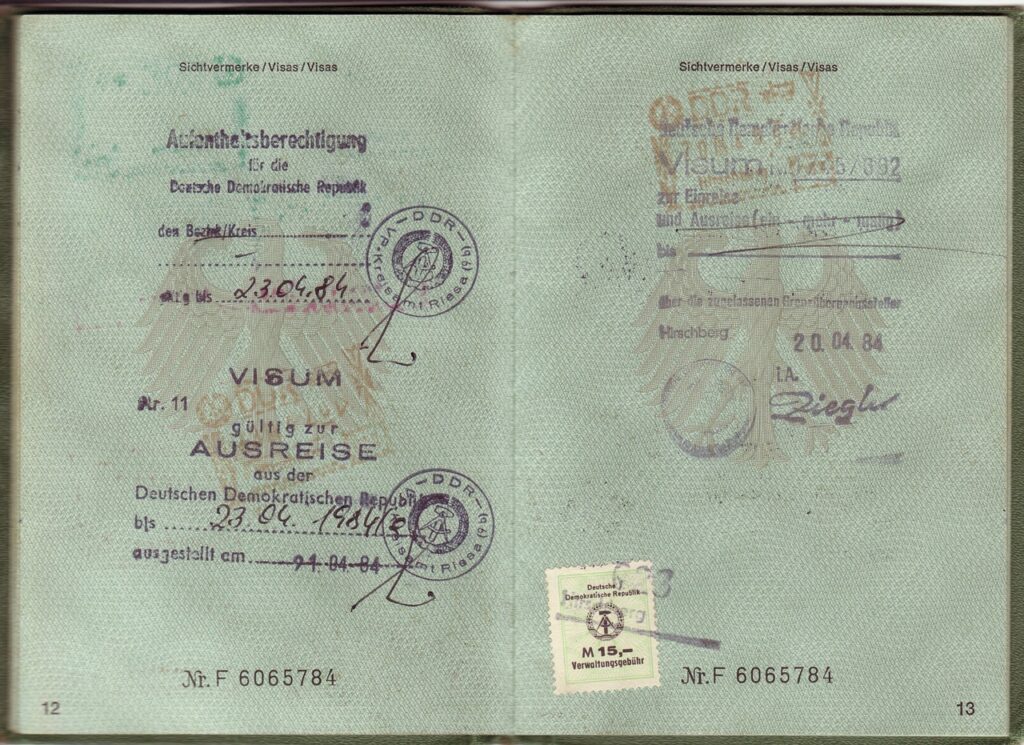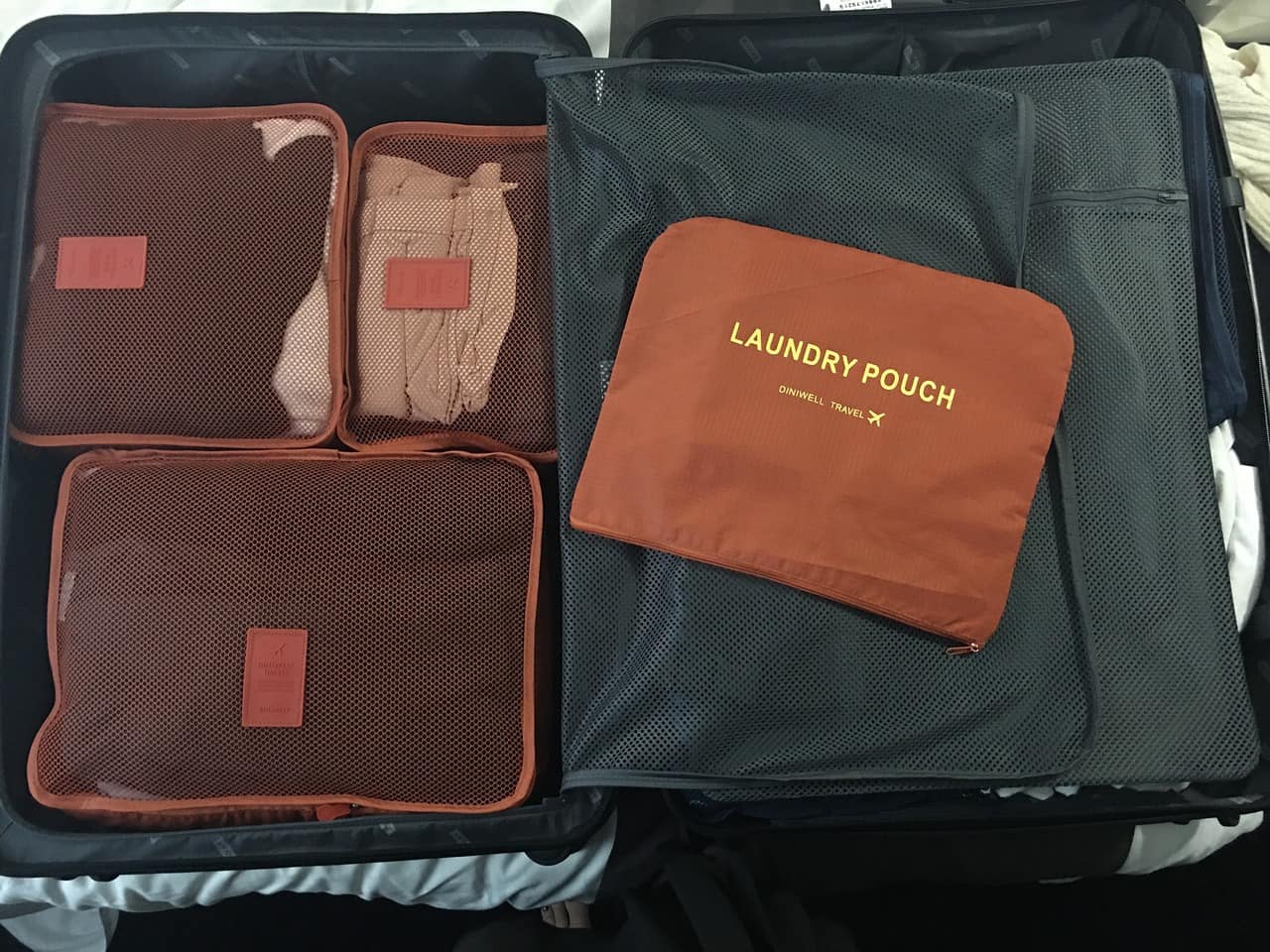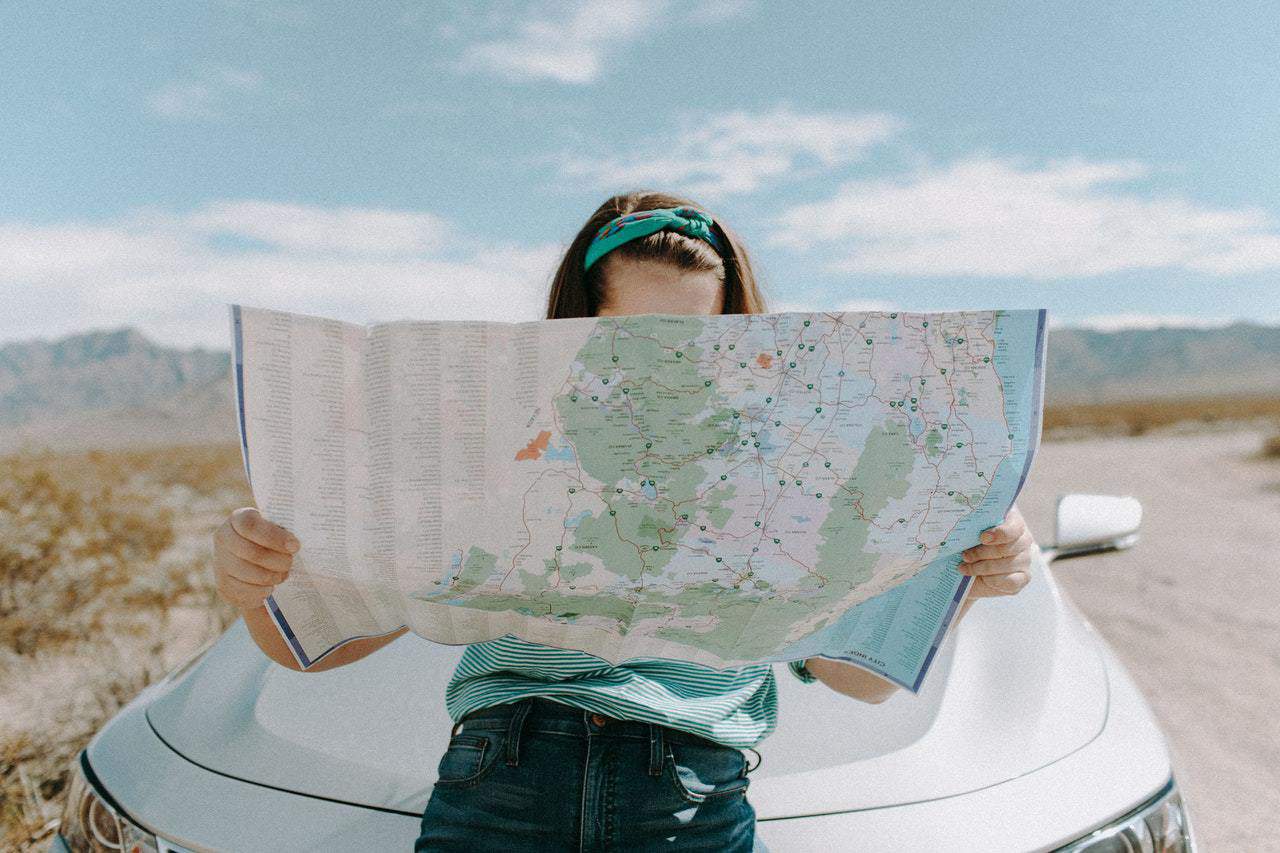Long-term travel is more possible – and budget-friendly – than it ever had been before. With remote working, more freelancers, and more travel options than ever, those who have an urge to explore can with these practical tips for long-term travel.
Practical Tips for Long-Term Travel
Table of Contents
But there are a lot of practical things that have to be done ahead of stepping on the first plane, train, or automobile. Good planning is the cornerstone of a great long-term trip. Whether you’re going for a month, three months, or a year, having even some rough plans is better than having none.
Read our practical tips for planning long-term travel.
This post may contain affiliate links. If you click through and buy, TravelingInHeels may receive a small commission. Thank you for your support!
Leaving Your Home
You have a couple of decisions to make – your current home will be vacant for a while. For those who own their home, renting it out can be a smart choice – it also offers regular income. For rental properties, you’ll need to coincide the end of your contract and the date you leave or see if your landlord would be open to someone you know staying there.
No matter which one, you will need to think about where you are putting everything you own – because it can’t come with you!
Storage units are the answer to almost all of these things. With electronics, it can be a good idea to donate or sell them, but for large furniture items and anything sentimental, safe storage is a good idea.

Travel Insurance
Travel insurance is something that most people skip out on for shorter breaks, but for long-term travel, it is a risk that you don’t want to take. From canceled flights to double-booked hotel rooms and food poisoning or getting in an accident, travel insurance has you covered.
The risk of lost luggage increases the more often you travel, and most people stash cash and electronics in their bags. For many, their luggage finds them eventually, but not before they have had to spend time replacing a few things – and quickly!
Vaccinations & Medication
This is not one that you can wait until the last minute to do. Not all countries will require vaccinations, but hepatitis A, typhoid, polio, and yellow fever are some of the most recommended.
Depending on the health care in your country, some may be free while others you’ll have to pay for. And some are only available at specific centers.
If you take any medication, speak to your doctor to obtain enough meds for either the full duration or to know where you can get a refill prescription. Sometimes, you will need to have a statement from your doctor about what medications you take. Often, security at airports will request to see these documents.

Visas
Many of us know roughly what visas are needed for where – but you might not know how many options there are. For last-minute plans, it can be tough to get the right visa in time – which is why planning is your best bet. Getting the wrong visa will land you in the same position as having no visa – you won’t be getting on a plane.
This is why booking tickets that are 100% refundable is important because if not, you’ll lose the money and be stuck for a while. Some countries are more lenient if you have an onward travel ticket – although it doesn’t always work.
Travel Credit/Debit Card

A multi-currency card is going to be your best friend. There are many countries, even in Europe, that don’t accept many of the major cards in America. Here are some of the best travel card options:
- Currensea (The UK’s first Direct Debit Card)
- Starling
- Revolt
- Monzo
- Travelex
Be sure to check the charges and find one that fits with your budget – some might come with benefits, too.
Also, bring another credit card as an emergency backup. Don’t use it for everyday spending unless there is no other choice. It is always a good idea to make sure to bring cash as some places do not accept credit or debit cards.
Packing

Packing for long-term travel isn’t the same as packing for a three-week vacation. You’re going to need to be as restricted as possible. Compression packing cubes, reusable plastic cutlery – like a spork, money belt. Just a small selection of clothing – high-quality is better, and moisture-wicking is a good idea, too.
Need some top tips for packing? Check out this guide to everything you need: Spring Travel Essentials & Basic Packing List


